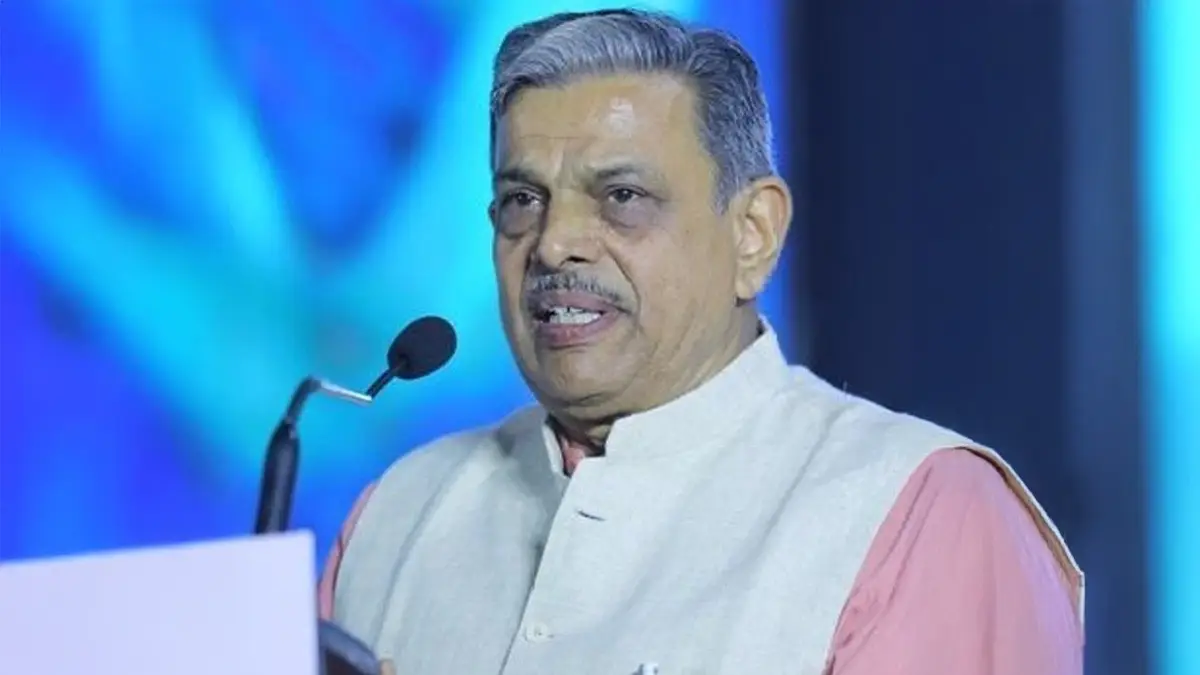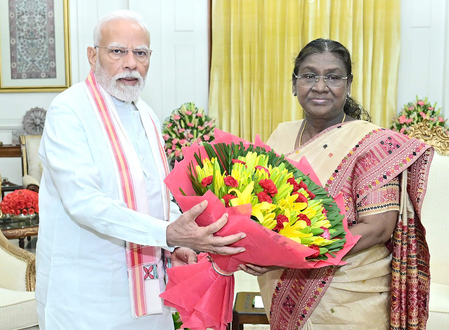By Shri Dattatreya Hosabale
Copyright republicworld

New Delhi: The work of the Rashtriya Swayamsevak Sangh is now completing one hundred years. In this journey of a century, many individuals have extended their cooperation and participation. This journey has certainly been filled with hard work and some challenges, yet the support of the common people has been its encouraging aspect. Today, as we reflect on the centenary year, we are reminded of many such occasions and of those individuals who dedicated their everything for the success of this journey. In the early days, those young karyakartas, brimming with patriotism like warriors, threw themselves wholeheartedly into Sangh work across the country. Whether it was household (Grihasth) karyakartas like Appaji Joshi, or in the role of pracharaks such as Dadarao Parmarth, Balasaheb and Bhaurao Deoras brothers, Yadavrao Joshi, Eknath Ranade and others, they all, under the guidance of Dr. Hedgewar, embraced Sangh work as a lifelong vow of national service and remained devoted to it until the very end of their lives.The work of the Sangh has continued to progress only with the support of society. Since the Sangh’s work has always been in tune with the sentiments of the common people, its acceptance in society has gradually increased. Once, during Swami Vivekananda’s travels abroad, he was asked: “In your country, most people are illiterate; they do not know English. Then how will your lofty ideas ever reach the people of Bharat?” He replied: “Just as ants do not need to learn English to find sugar, in the same way, my people of Bharat, with their innate spiritual wisdom, can immediately recognize any virtuous (Sattvik) work being done in any corner of the land, and they quietly gather there. Therefore, they will understand my message.” This statement proved true with time. Similarly, though the Sangh’s pious work may have advanced slowly, it has continuously received acceptance and support from the common people.From the very beginning of the Sangh’s work, new and connected ordinary families have continued to offer blessings and shelter to Sangh karyakartas. The families of the swayamsevaks themselves have been the center of Sangh activity. It was only with the support of all mothers and sisters that the Sangh’s work attained its fullness. Inspired by the Sangh, people like Dattopant Thengadi, Yashwantrao Kelkar, Balasaheb Deshpande, Eknath Ranade, Deendayal Upadhyaya, and Dadasaheb Apte played a significant role in establishing organizations in various fields of social life. Today, these organizations, along with their wide expansion, are playing an active role in bringing positive changes in those areas. Among society’s sisters, in this mission of national service, through the Rashtra Sevika Samiti, motherly figures such as Mausiji Kelkar to Pramilatai Medhe have played a vital and enduring role in this journey, contributing selflessly to the cause of national work.From time to time, the Sangh has raised several issues concerning national interest. All of these received support from various sections of society, including, at times, people who outwardly appeared to be opponents. The Sangh has also strived to secure the cooperation of all on issues of broad Hindu importance. In the work of protecting the unity of the nation, its security, social harmony, and the safeguarding of democracy and dharma-culture, countless swayamsevaks faced immense hardships, and many even made the ultimate sacrifice. Throughout all of this, the support and strength of society have always remained steadfast.In 1981 in Tamil Nadu’s Meenakshipuram, deceitfully, some Hindus were converted. On this important issue, a conference of nearly five lakh participants was organized as part of the Hindu awakening movement, and Dr. Karan Singh, a senior leader of the then Congress party remained present. In 1964, during the establishment of the Vishwa Hindu Parishad, the prominent participation of renowned figures such as famous ascetic Swami Chinmayanand, Master Tara Singh, Jain Muni Sushil Kumar, Buddhist Bhikshu Kushok Bakula, and Namdhari Sikh Sadguru Jagjit Singh was notable. With the aim of reiterating that untouchability has no basis in Hindu scriptures, under the initiative of Shri Guruji Golwalkar, the Vishwa Hindu Sammelan was organized in Udupi, which received the blessings and presence of all the revered Dharmacharyas, Sants and Mahants.Just as in Prayag conference ‘न हिंदूः पतितो भवेत्” (na hindu patito bhavet) meaning ‘No Hindu can be outcast’ proposal was accepted, in the same way this conference’s proclamation was “हिंदवाहः सोदारः सर्वे” (hindavah sodarah sarve) meaning ‘All Hindus are children of Bharat Mata’. Whether it was the campaign for cow slaughter ban or the Ram Janmabhoomi movement, the blessings of the saints have always been received by the Sangh swayamsevaks.Immediately after independence, when the Sangh’s work was banned by the then government due to political reasons, the ordinary people of society and eminent personalities stood by the Sangh even in adverse circumstances, providing it with support. The same was experienced during the crisis of the Emergency. This is why, despite so many obstacles, the Sangh’s work has continued to advance uninterruptedly. In all these challenging situations, the responsibility of supporting the Sangh’s work and its swayamsevaks was carried out with great skill by our mothers and sisters. All these experiences have continuously served as a source of inspiration for the Sangh’s work.In the centenary year, Sangh swayamsevaks will make focused efforts to reach every household to seek the cooperation and participation of all sections of society in the service of the nation. The primary aim will be to reach everywhere, from large cities to remote villages, and to engage all segments of society. Through the coordinated efforts of all dedicated individuals (Sajjan Shakti), the forthcoming journey toward the holistic development of the nation will be smooth and successful.



